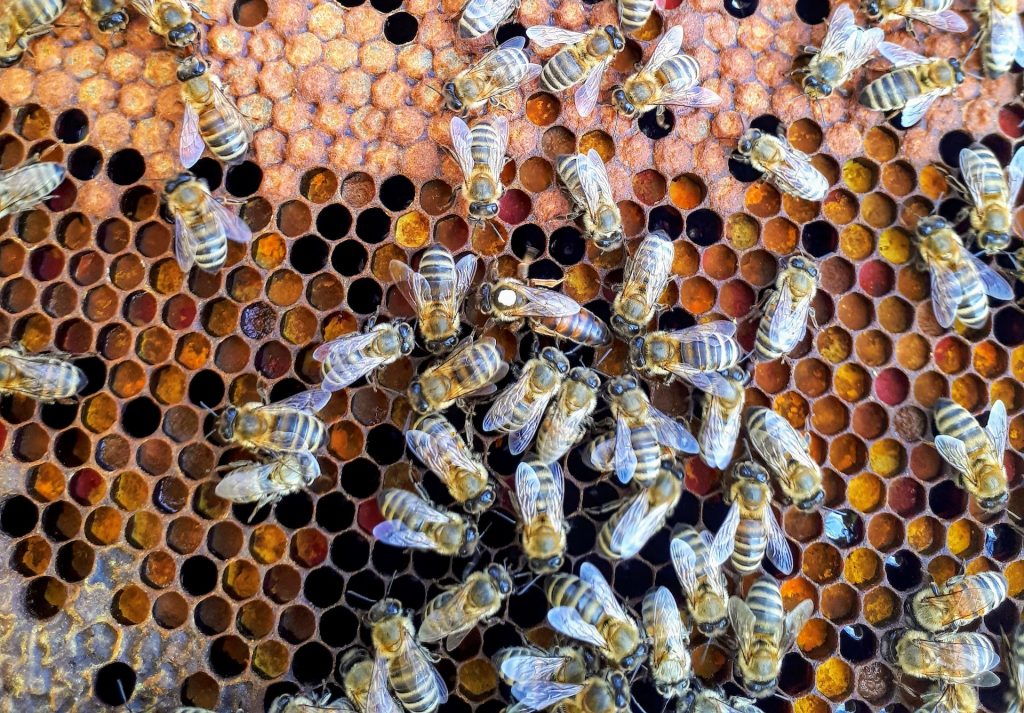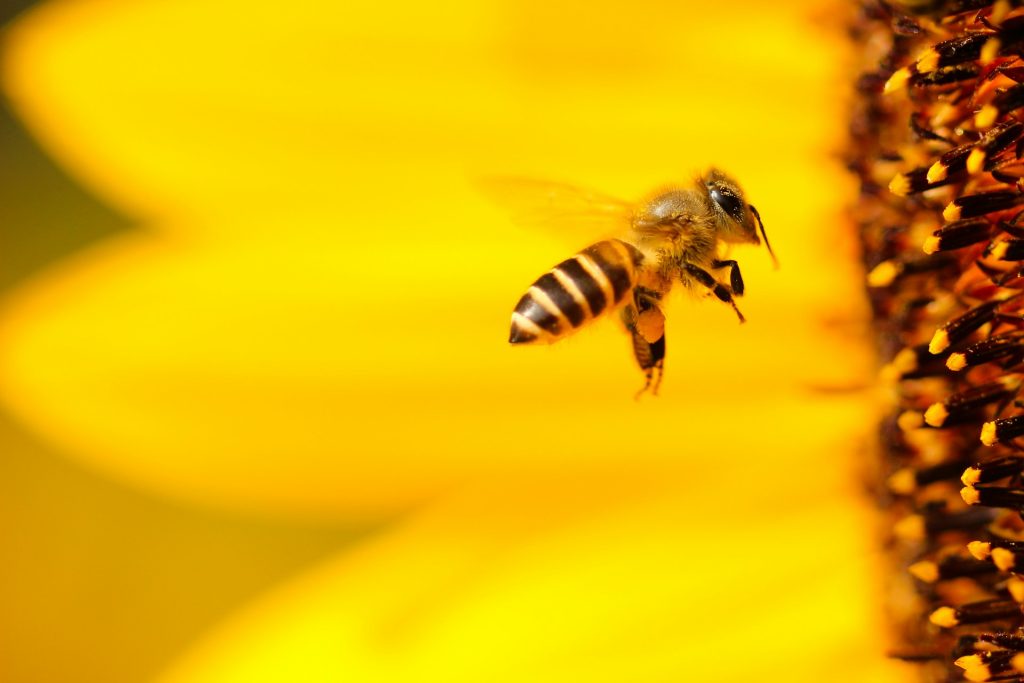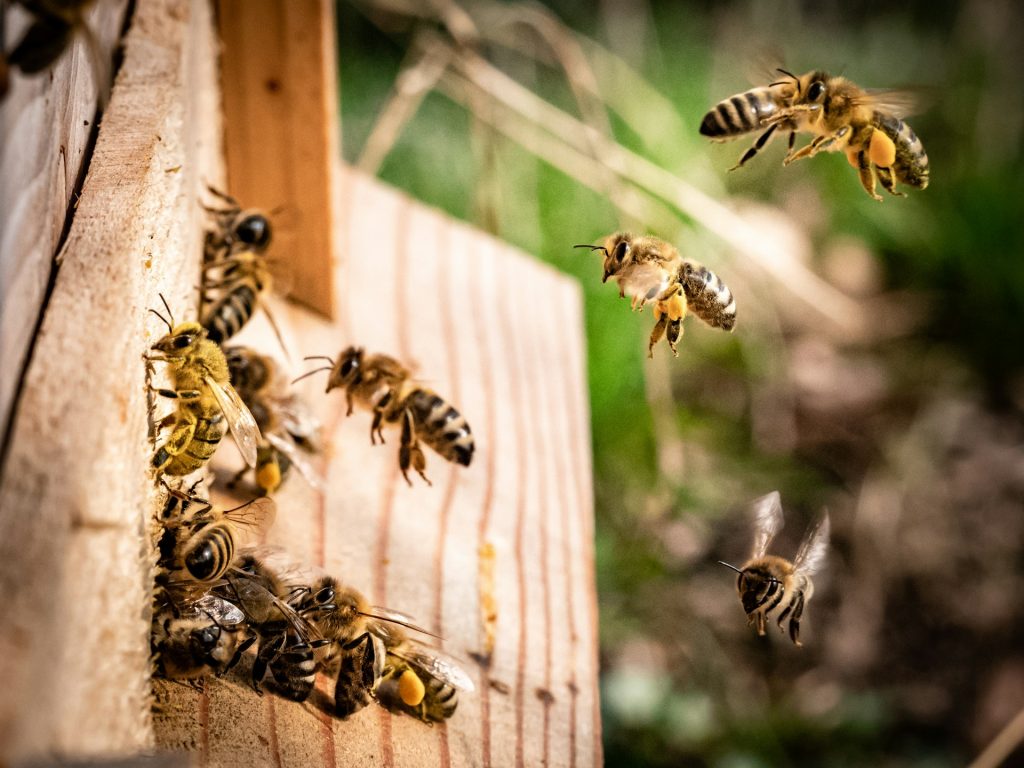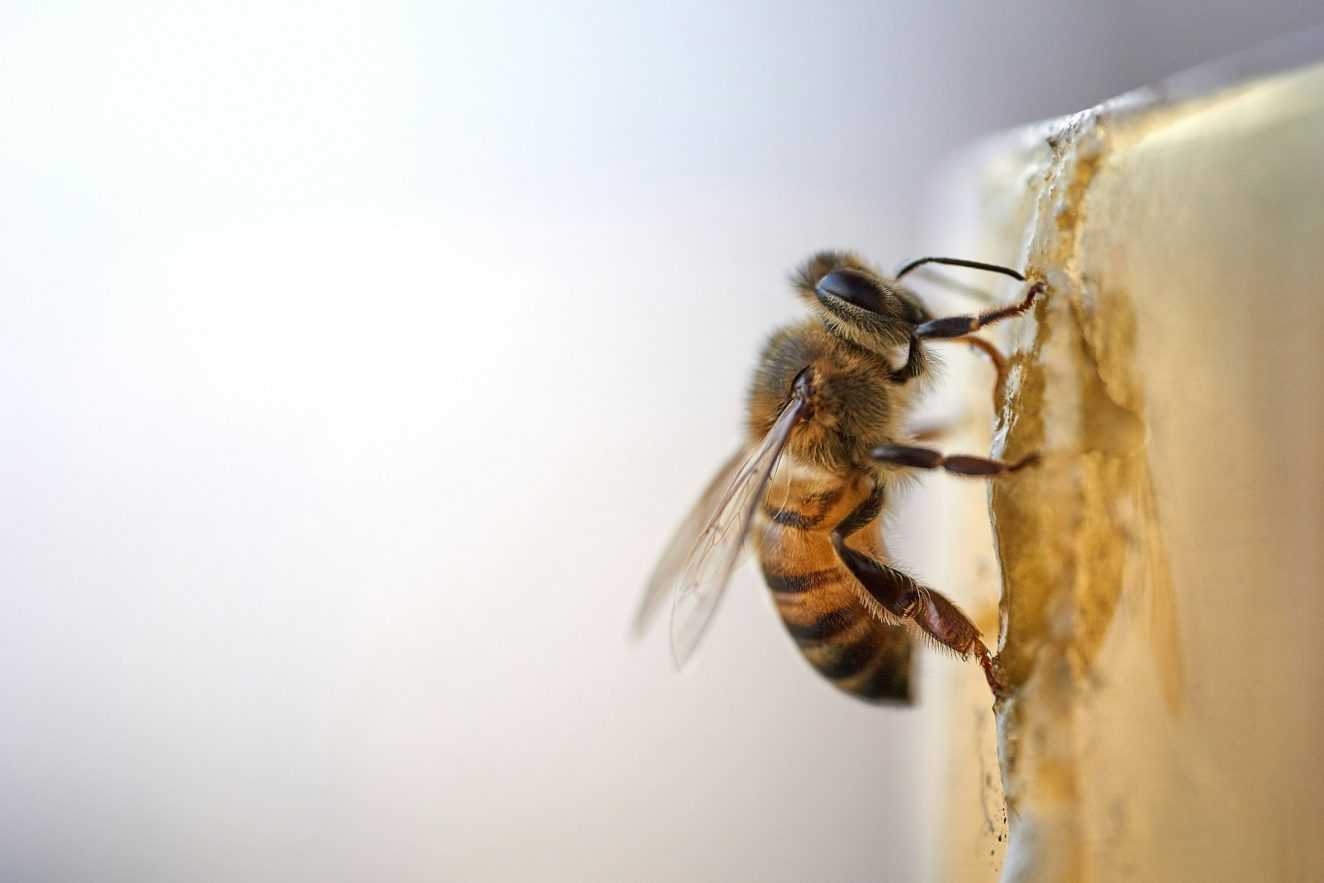Honeybees and bumblebees, with their buzzing presence, are familiar facets of our daily lives. Yet, these bees represent only a fraction of the diverse world of these crucial pollinators. With over 20,000 species globally and 4,000 native to the United States, bees are intricate contributors to our ecosystem, impacting not just nature but our very quality of life.

The Disquieting Reality
While many species of bees thrive, others teeter on the brink of extinction. The threats they face, from climate change to habitat loss, air pollution, and intensive agriculture, evoke ongoing debates. The data, however, is clear — between 1990 and 2015, researchers noted a concerning 25% decline in bee species. The urgency to comprehend and counteract these challenges is paramount.
Why Bees Matter to the Environment
As pollinators, bees hold a pivotal role in the reproduction of plants, spanning food crops to wild flora. This intricate dance of nature not only sustains plants but ripples through the environment, impacting everything from carbon storage to soil fertility. The Food and Agriculture Administration of the United Nations underscores the significance of bees, highlighting their role in ensuring pollination and, consequently, supporting food production, human livelihoods, and biodiversity.
The Environmental Impact of Bees
Bees act as guardians of our environment by nurturing plants that, in turn, sustain both humans and wildlife. The diversity of bee species itself, as discovered by Rutgers scientists, is a crucial factor in enhancing plant biodiversity. As pollinators, bees contribute to the growth of various crops, fruit orchards, and nut farms, rendering them indispensable to our agricultural landscape.

Nurturing Biodiversity and Wildlife Habitats
Beyond agriculture, bees play a vital role in fostering biodiversity and wildlife habitats. By pollinating plants that serve as sources of food, nesting, and shelter, bees contribute to the delicate balance of ecosystems. Plants, in turn, enhance soil fertility and provide a varied diet for wildlife. Biodiversity, a key indicator of ecosystem health, thrives under the diligent care of bees.
The Economic Dance of Bees
The economic importance of bees reverberates through the agricultural sector. Pollinators contribute an additional $18 billion to U.S. crop revenue annually, with honeybees emerging as primary commercial pollinators. Beyond crops, products like honey and wax generate an impressive $700 million in profits each year. Globally, bees and other pollinators make a staggering $217 billion contribution to the economy annually.
Threats to Bee Populations
While the importance of bees is undeniable, the threats they face are multifaceted. Climate change, diseases, pesticides, and industrial agriculture collectively endanger bee populations. Human activities exacerbate these challenges, leading to habitat shrinkage and a dwindling food supply for pollinators.
Can We Live Without Bees?
While the extinction of bees might not lead to the end of humanity, it would undeniably reshape our world. The absence of bees would disrupt crop production dramatically, affecting industries ranging from apple orchards to coffee plantations. The short-term consequences include potential collapses in industries producing apples, oranges, coffee, chocolate, and rapeseed oil. Inequitable access to healthy produce would worsen, with high grocery prices exacerbating food disparities.

As bees confront an array of threats, individual actions become imperative. The Bee Conservancy suggests fostering bee-friendly environments by introducing native plants, eliminating pesticide use, and even reconsidering dietary choices like honey consumption. Every small effort contributes to the larger cause of protecting these invaluable pollinators. As we marvel at the intricate world of bees, let’s remember that their survival is intricately linked with our own. In nurturing them, we nurture our planet and, ultimately, ourselves.





